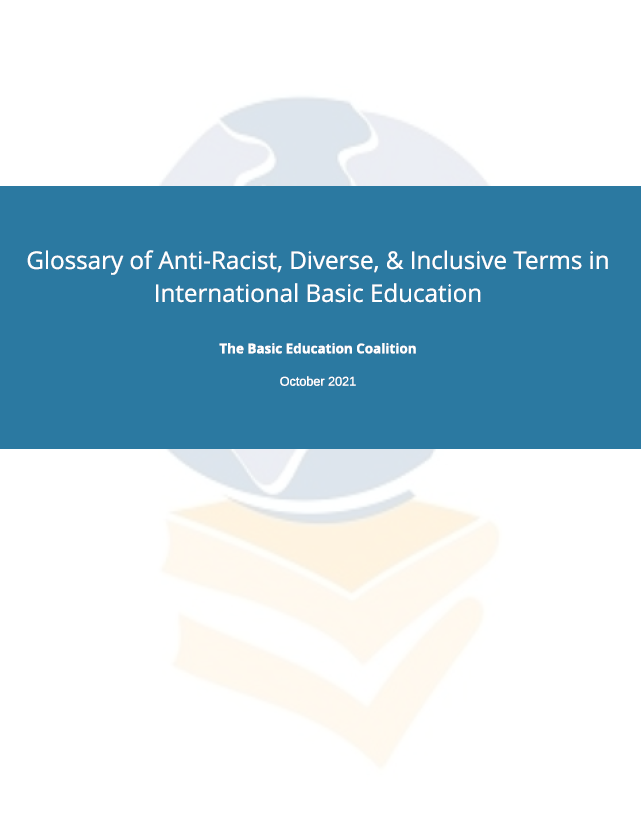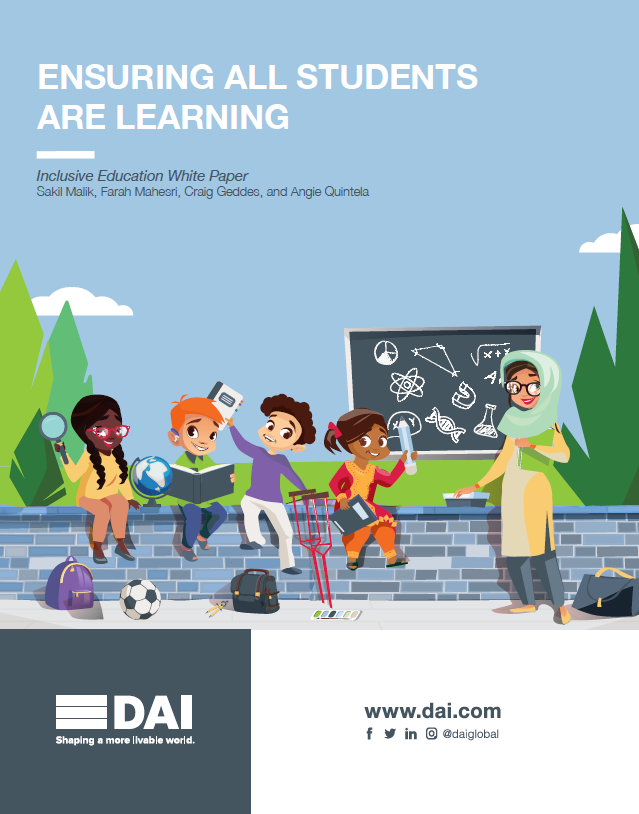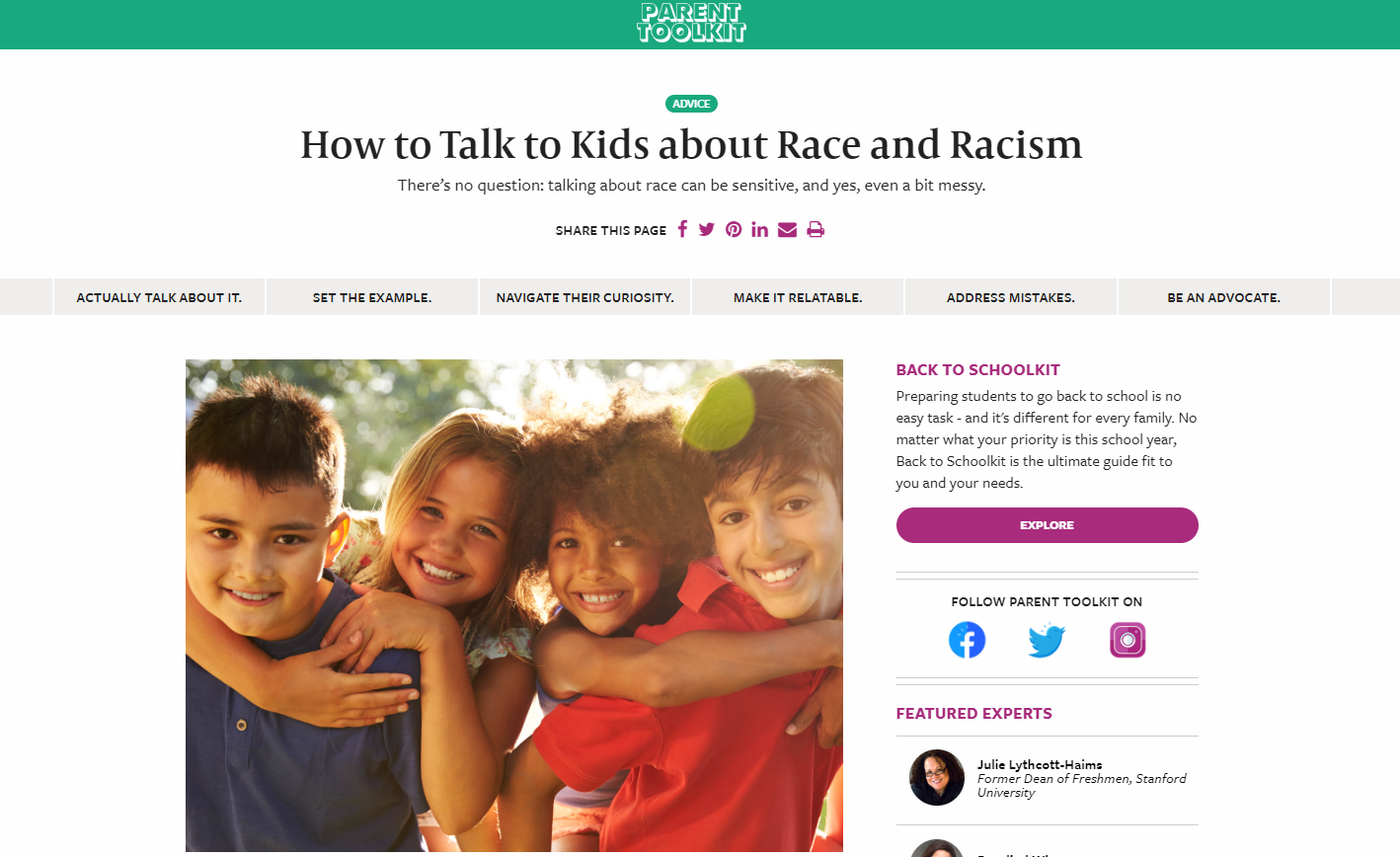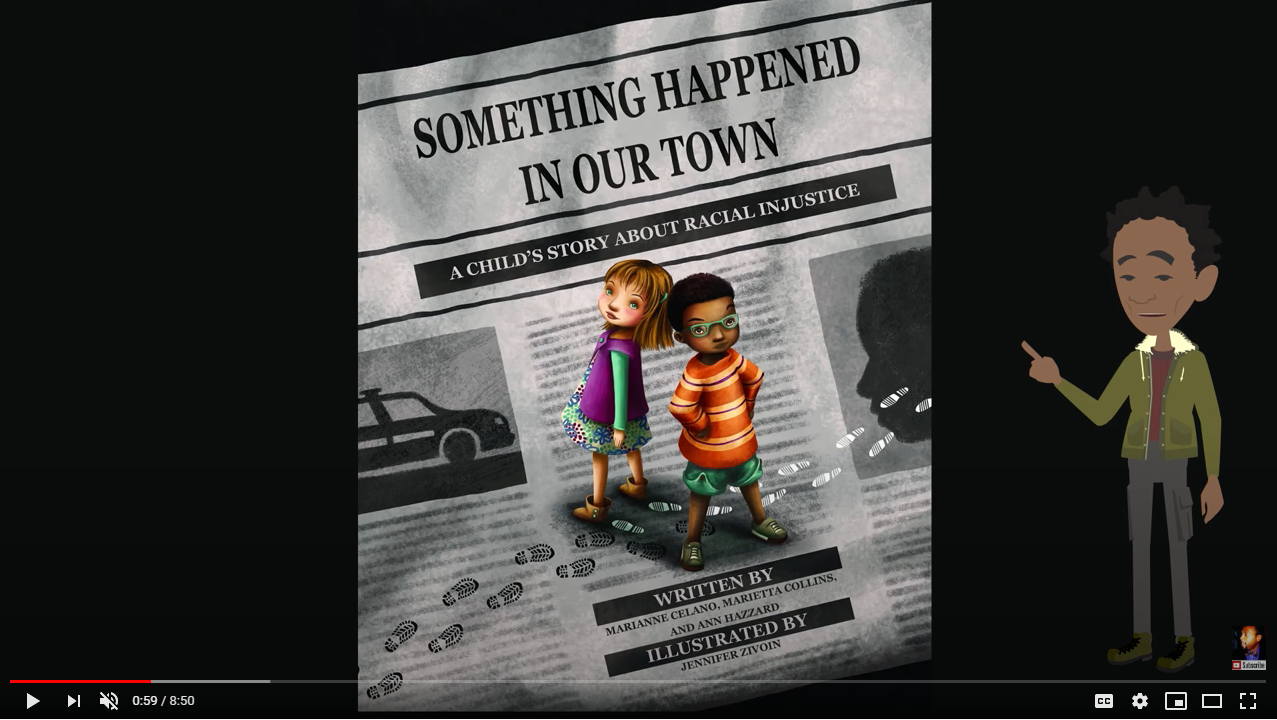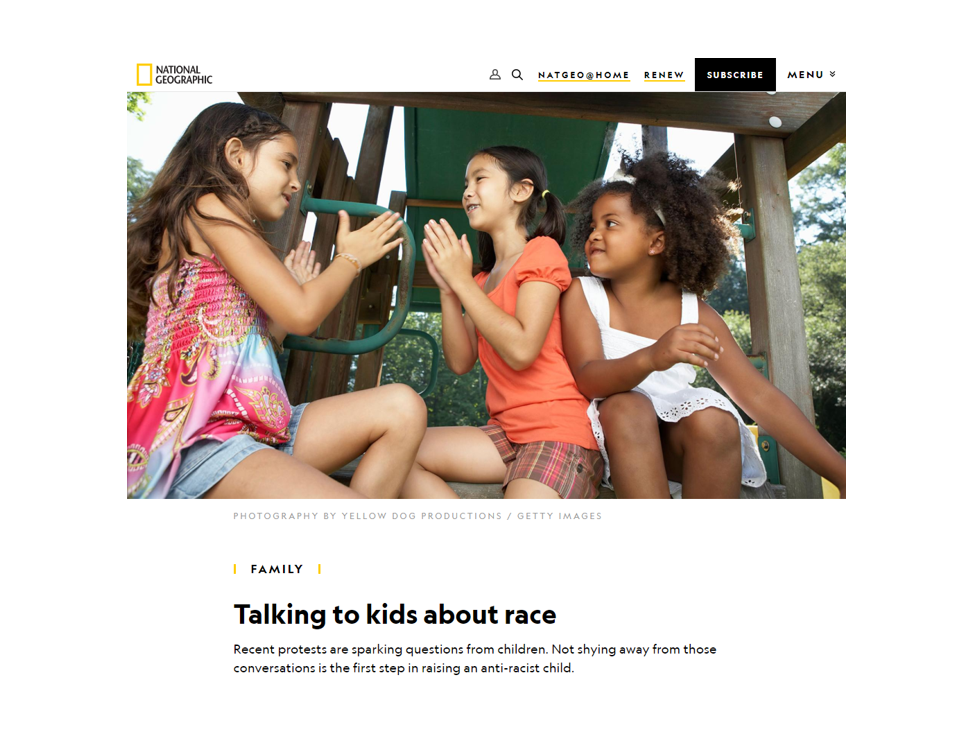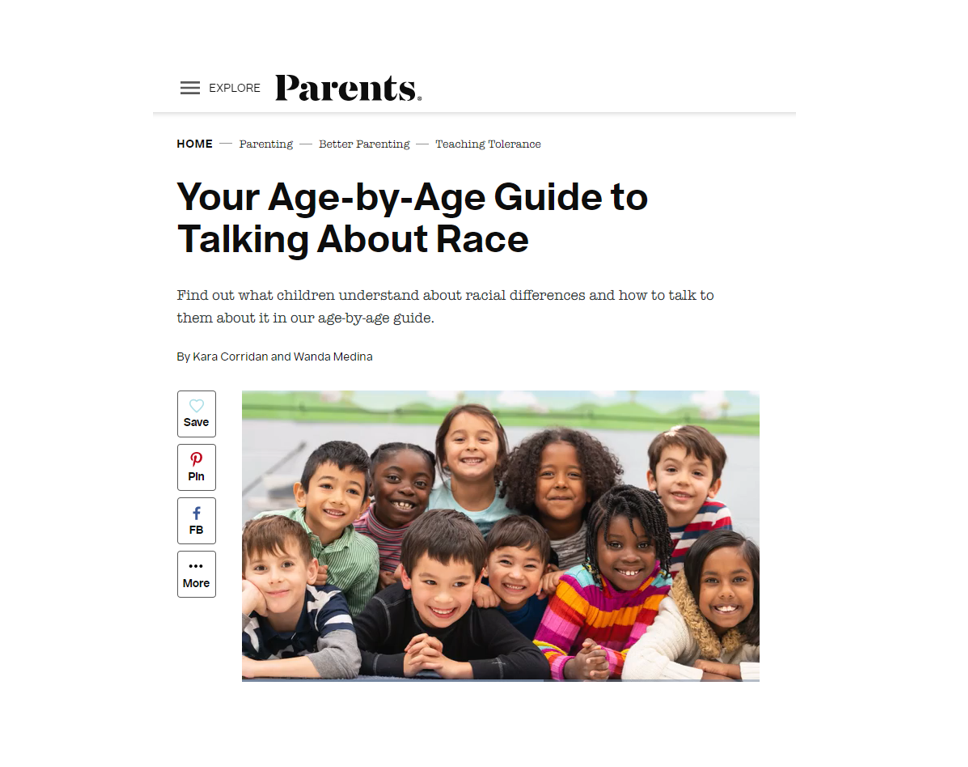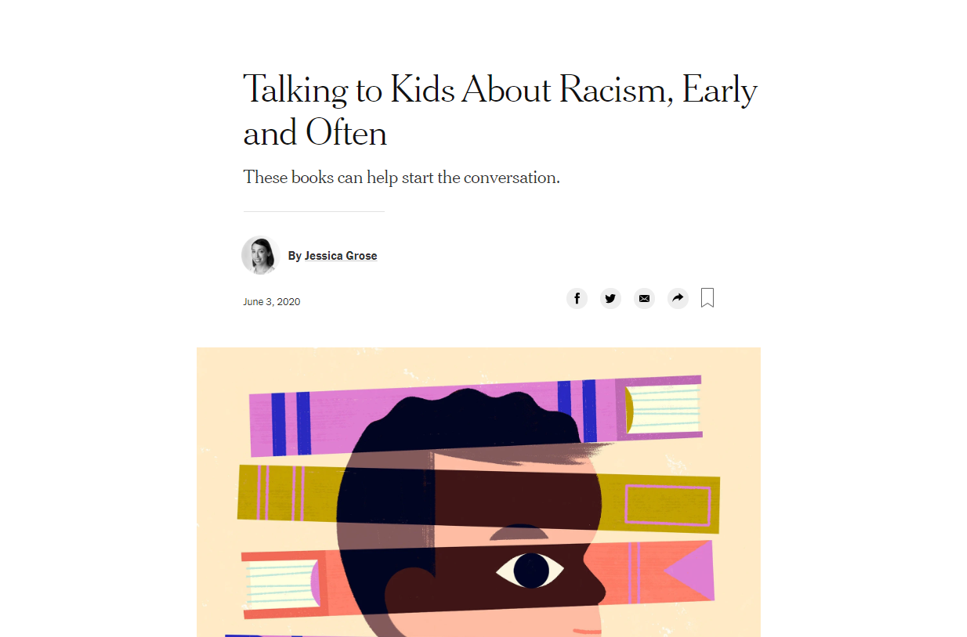The Basic Education Coalition (BEC) is a group of leading U.S.-based organizations and academic institutions working together to promote global peace and prosperity through education. By leveraging our collective technical expertise and combining advocacy efforts, BEC members raise a unified voice to ensure U.S. policy makers support and strengthen education for the developing world.
BEC affirms that Black Lives Matter and stands in solidarity with the movement, its global allies, and all those who are taking action against racial and ethnic violence and injustice. BEC promotes global peace and prosperity through education for all people, regardless of race, ethnicity, religion, sex, caste, gender, sexual orientation, ability, background, culture, experience, perspective, or nationality. We condemn acts of violence fueled by systemic racism and hate in the United States that undermine our mission of promoting a better life for children around the world. Equally, we condemn the exclusion of historically underrepresented groups in our work at home and abroad.
We also believe that the development paradigm needs to increasingly shift towards a “people-first” approach, from an approach that works on behalf of people in local communities towards one that invests in the people in developing contexts to prioritize problems and solutions and continuously improve over time.
By establishing the BEC Anti-Racism, Diversity, & Inclusion Task Force, we aim to support the Black Lives Matter movement and condemn racism, violence, and exclusion. We are committed to working together to build a race equity culture within our Coalition and beyond by adopting a transformational approach, by learning and evolving together, and by changing our behaviors and mindsets, both as individuals and as a group.
The Task Force has compiled the following glossary of anti-racist, diverse, and inclusive terms that are relevant to our work in International Basic Education. Language is fluid and constantly evolving. Further, words can often carry different meanings for different people. Through this glossary of terms, we aim to promote a shared understanding of the terminology used in anti-racist dialogue as a basis for collaborative efforts to support the work of anti-racism, diversity, and inclusion within the global education sector. The glossary is not exhaustive and is open to further updates as new definitions emerge.
Kindly note that many of these definitions may apply to the US context only.





